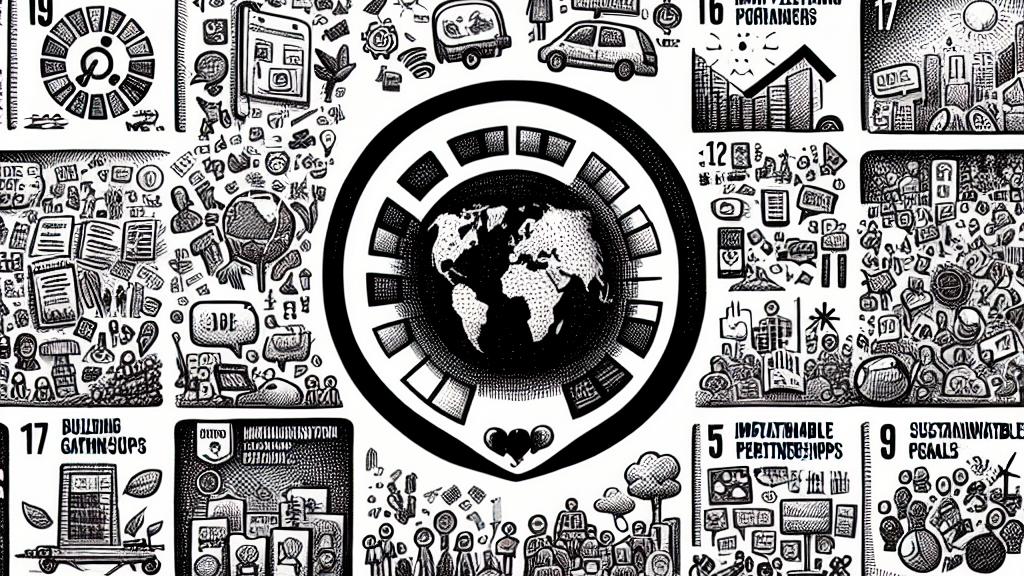Delivering Sustainable Development Goals: A Comprehensive Checklist
Overview
- Emphasize SDG 17 as the crucial foundation for effective partnerships and implementation strategies across all 17 goals.
- Showcase vibrant examples, such as Vinnova’s innovative food system reforms, to inspire actionable and collaborative efforts.
- Highlight the pressing need for climate adaptation, resilience, and action in response to complex global challenges.

Understanding the Global Context
The Sustainable Development Goals (SDGs) represent an ambitious blueprint created by the United Nations to tackle the world's most pressing challenges. Launched in 2015, these 17 interrelated objectives aim to eliminate poverty, combat climate change, and build partnerships for sustainable development. With challenges like climate change and the aftereffects of the COVID-19 pandemic shaking foundations globally, the call to action is more urgent than ever. Within these goals, SDG 17 stands out, focusing on strengthening partnerships and implementation methods essential for achieving the other goals effectively. Kate Roll, a political scientist in the UK, passionately advocates for breaking down these ambitious goals into manageable, actionable tasks. This decomposition not only simplifies the process but also fosters deep engagement among diverse sectors, empowering them to turn lofty ambitions into tangible results.
Case Study: Vinnova's Innovative Approach
One inspiring example is Vinnova, the Swedish innovation agency, which in 2020 embarked on an ambitious initiative to transform the nation’s food systems, beginning with the critical aspect of school meals. By meticulously re-evaluating menus, funding sustainable procurement initiatives, and optimizing cafeteria operations, Vinnova has set a precedent for impactful change. Imagine a school where every meal served is healthful, delicious, and sourced from local farms—this is the vision they pursued! Their approach not only enhances nutrition but also strengthens local economies and agricultural practices. Furthermore, this initiative exemplifies the potential of collaborative efforts; by uniting stakeholders from various backgrounds, Vinnova achieved impactful results. Roll emphasizes that practical, community-centered strategies demonstrate how sustainable development can be realized through shared responsibility and coordinated action.
The Imperative of Climate Change Adaptation
Amidst these ambitious efforts, the grim reality of climate change presents multifaceted challenges to achieving the SDGs. The 2023 Sustainable Development Goals Report underlines this urgency, revealing that the most vulnerable populations shoulder the harshest consequences of climate-related disruptions. This is where adaptation strategies become not merely beneficial but imperative. Consider approaches such as constructing resilient flood defenses, enhancing sustainable agricultural practices, and providing access to climate risk insurance—these actions are vital for protecting communities. For instance, areas prone to drought can benefit immensely from investing in water-efficient irrigation technologies, ensuring food security even in harsh conditions. Moreover, empowering local communities through education about climate risks and adaptive measures fosters resilience across all populations. Each step taken, no matter how small, contributes to a secure future and reinforces our collective commitment to meeting the SDGs by the ambitious 2030 deadline. Ultimately, the journey toward sustainability is not a sprint but a marathon, demanding persistence, innovation, and collaboration from every one of us.

Loading...